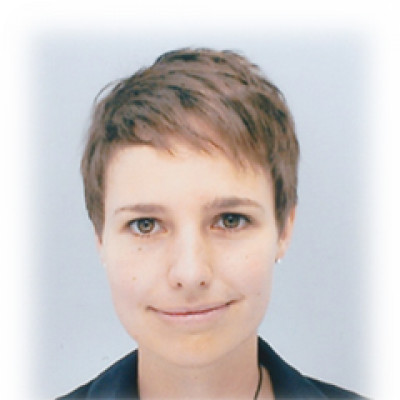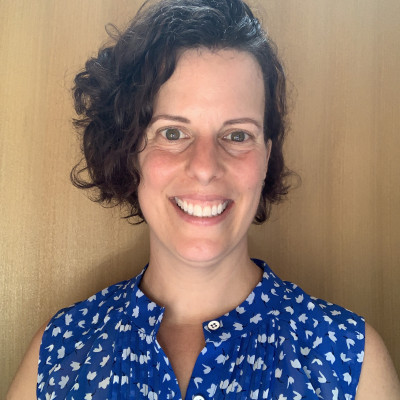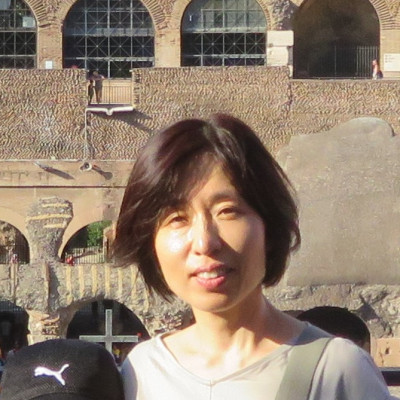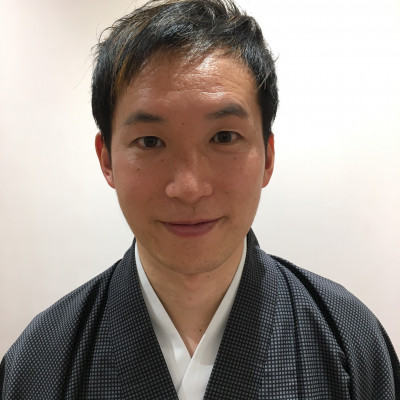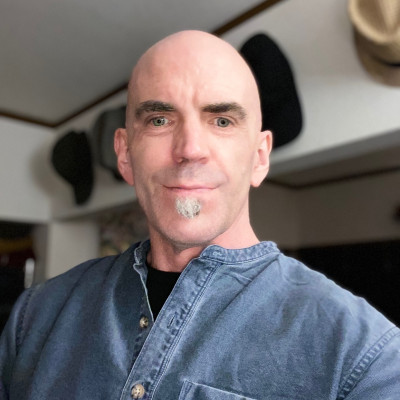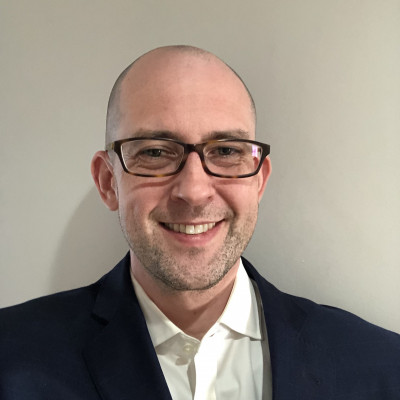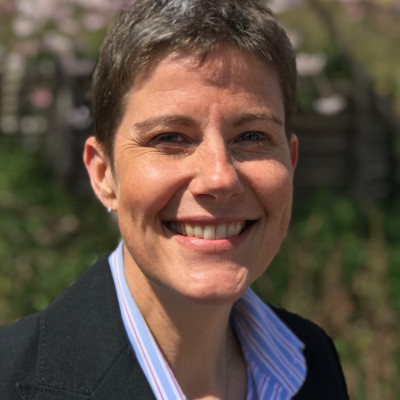Sessions / English
Opening + Welcome #3157
Welcome and Finding Home in Happy (Yoshi Grote)
Introduction to TELL and its services (Jack Shaw)
"Home" (Spoken word, Phil Norton)
Beyond the Label(s): An Educator’s Multilingual, Neurodivergent and Gender Identities #3128
In this presentation, I will introduce myself through three labels: multilingual, neurodivergent, and queer identities. First, I will share my background as a multilingual growing up in the Philippines: a country with more than 100 languages and dialects. The second label is my neurodivergence. I would like to share how a neurodevelopmental disorder affects my life not only as an educator but also as a minority living in Japan. Finally, I would like to explain my gender identity and how it is perceived in Japan and the Philippines. Living with these labels and identities in a foreign country like Japan, I aim to present how a person with any or all of these labels can overcome the challenges of acceptance in order to find home in a society that can easily identify someone who is "different".
Japanese-International Blended Families and the Impact at Home and School #3147
Since the 1960s, the percentage of blended families, also known as stepfamilies or blendfamilies in Japan, has steadily increased from about 11% of the population to 26% (Gender Equality Bureau, Cabinet Office, 2021). Previous research on blended families has centered on mental health, cultural views, values of grandparenting, mothering, and fathering and family policies and law (Sugimoto & Yokoyama, 2017; Nozawa, 2020). However, there is limited English research about the effects of international-Japanese blended families and education. This presentation adopts Nielsen’s (1993) model to study these effects on students in the Osaka region. It focuses on three questions: 1. What factors affect grades and behavior after a separation? 2. How are students’ attitudes toward separation and family members assessed? 3. What ways can schools facilitate students’ adjustment and academic performance after their parents separate or re-marry/re-partner? Surveys were created and sent to children in international-Japanese blended families. This data will be analyzed using Conventional Content Analysis (Krippendorff, 1989; Hsieh & Shannon, 2005). Preliminary findings will be presented at Living On The Edge 2022: Finding Home. It is also hoped that discussions will contribute to the development of this research.
Breathing Exercise + Open Talk about Self-Care (TELL) #3154
Join us to participate in a short breathing exercise followed by an open discussion of self-care approaches.
Gratidoodle #3139
Positive psychology offers several approaches individuals can take to raise their own levels of well-being. In this short session I’ll demonstrate a method I stumbled across to find my own home in happy.
Telling Stories and Making Space #3152
I confess. Minutes after becoming an American citizen I told a lie. On examining my “why,” I have come to realize that living in the liminal space of dual citizenship opens up spaces for learning about how to negotiate identity through geography and storytelling. Liminal spaces can be the in-between spaces not fully defined; not fully one or the other. Yet it is. Argentine scholar Walter Mignolo (2011) contend that we must tell our stories from those places in which we dwell. Hence as a Caribbean person, having lived on 3 continents and several islands, I invoke Afrikan-Caribbean vernacular practices to make home abroad. Storytelling plays a major for passing down knowledge, to teach, and make theories. Everybody and every body has stories, and different ones. Difference can be explored as and through stories at any level. Thus, in this presentation, I will share stories of how I make space for belonging for myself, and students through storytelling. My approach is interdisciplinary, drawing on ethnography, anthropology, literature, and cultural studies. I will invite the audience to consider how stories from the edge can be used to intervene in civil and academic conversations to bring visibility and voice to difference.
Closing #3146
It’s not goodbye, it’s see you next year… Join us for some closing comments, smiles, and to listen to Phil Norton sing us out with his original song, "Will you be my Home".
